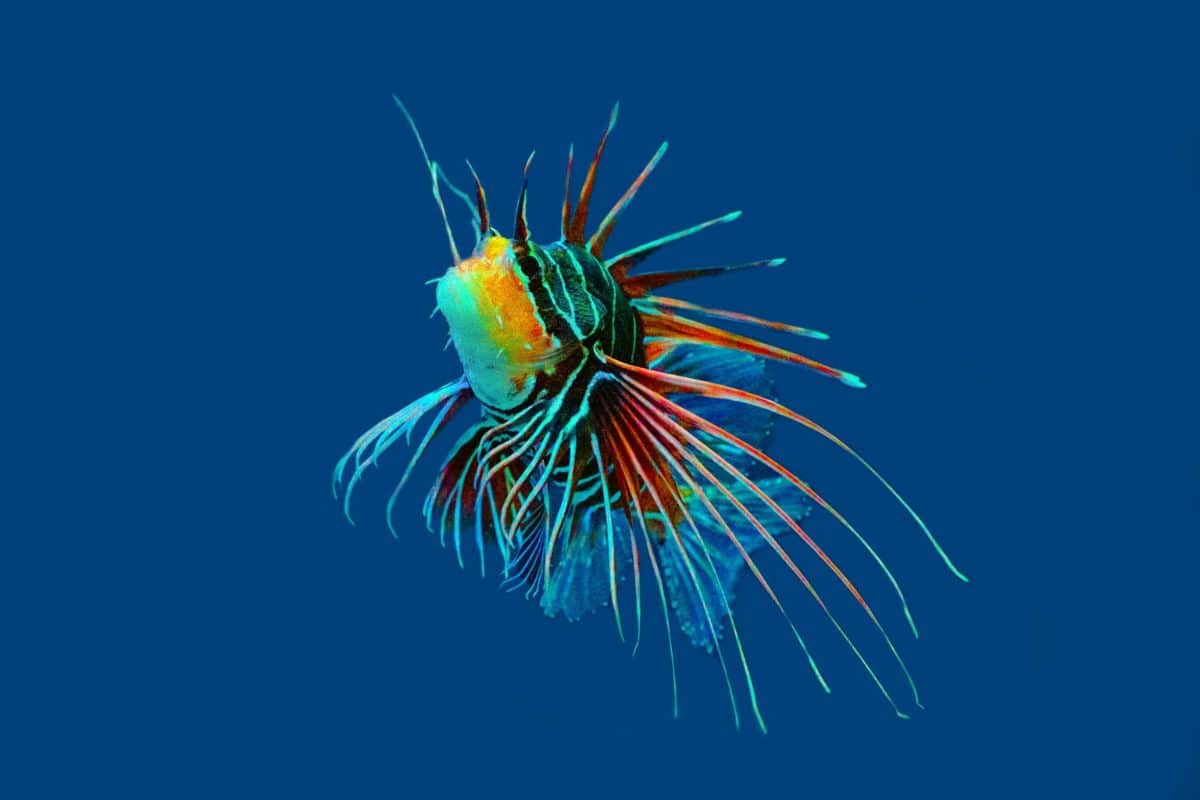
Scientists emphasize that preserving less attractive fish should be given higher priority.
Which fish would you rather save: the colorful clownfish or a gray bluefish? Chances are you will choose the former. Still, it turns out that the fish that need our help the most are the ‘uglier’ species. “Our study highlights an important mismatch between potential public support for the conservation of certain fish and the species that actually need this support,” said study researcher Nicolas Mouquet. Scientias.nl†
Study
In an online survey, scientists asked 13,000 people to rate 481 photos of reef fish by their appearance. They then used this data to train an artificial neural network. This allowed them to generate predictions about how humans would have rated a total of 2,417 of the most well-known reef fish species based on 4,400 different photos.
beautiful vs ugly
The findings show that most people rate bright, colorful fish with rounder bodies as the most beautiful. If we then look at how endangered these ‘beautiful’ fish are, it turns out that they often have little to fear. For example, attractive fish are less likely to be listed as endangered on the IUCN Red List. In contrast, the fish that are generally considered uglier appear to be the most endangered species. These species also appear to be of greater commercial importance. “Most of the fish that people don’t find attractive are gray fish with an elongated body shape and no well-defined color patterns,” Mouquet explains. “In addition, they are often overfished, which means they need more protection.”

Bluefish, which are generally considered less beautiful, regularly end up on our plate.
Our innate preference for shape and color is probably a result of the way the human brain processes colors and patterns. But mismatches between aesthetic value and vulnerability to extinction can mean that the species most in need of public support are least likely to receive it. This means that the ‘ugly’ fish are not getting the protection they actually need. Apparently, the appearance largely determines whether a fish can count on our help or not.
Bias
So it seems we are highly biased. Something that is not unknown by the way. “Prejudice actually exists everywhere,” Mouquet says. “For example, vertebrates are more represented in scientific studies than invertebrates. This can be explained by human preferences for certain species, where aesthetic value is an important underlying factor. The prejudice of the general public may be even stronger, as most people are probably more interested in beautiful species.”

A Blue mandarin kernel fish, one of the most beautiful fish.
According to the researcher, it is important that we are aware of possible prejudices. Because it is precisely ‘ugly’ fish that are very important for ecosystems, especially because of their ecological and evolutionary distinctiveness. The disappearance of these fish would therefore have a huge impact on the functioning of the entire reef.
Higher priority
The scientists emphasize that preserving less attractive fish should be a higher priority. “Since we found that less beautiful fish have a greater need for conservation, here lies the need to ensure that our ‘natural’ aesthetic biases do not impact our conservation efforts,” Mouquet underlines.
All in all, the study shows that when it comes to conservation, less clever species risk missing out on public support. But it’s not a lost cause yet. For example, by raising awareness, the researchers believe that they will also be able to safeguard the survival of the less attractive, but extremely important fish. “By improving communication with the public, policy makers and conservation agencies, we hope to minimize collective perception bias and highlight the important roles that ‘ugly’ fish play in ecosystems,” concludes Mouquet.
Source material:
†https://www.eurekalert.org/news-releases/954224– PLOS (via EurekAlert)
Interview with Nicolas Mouquet